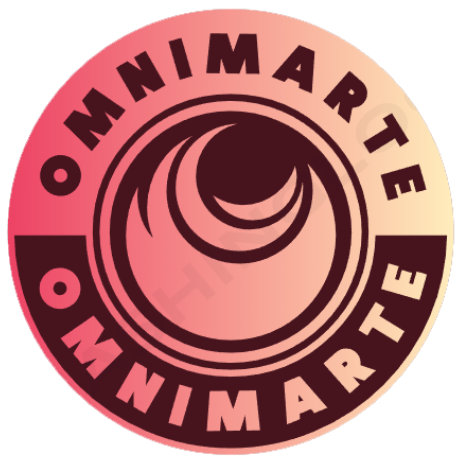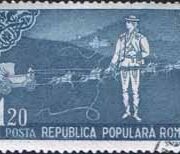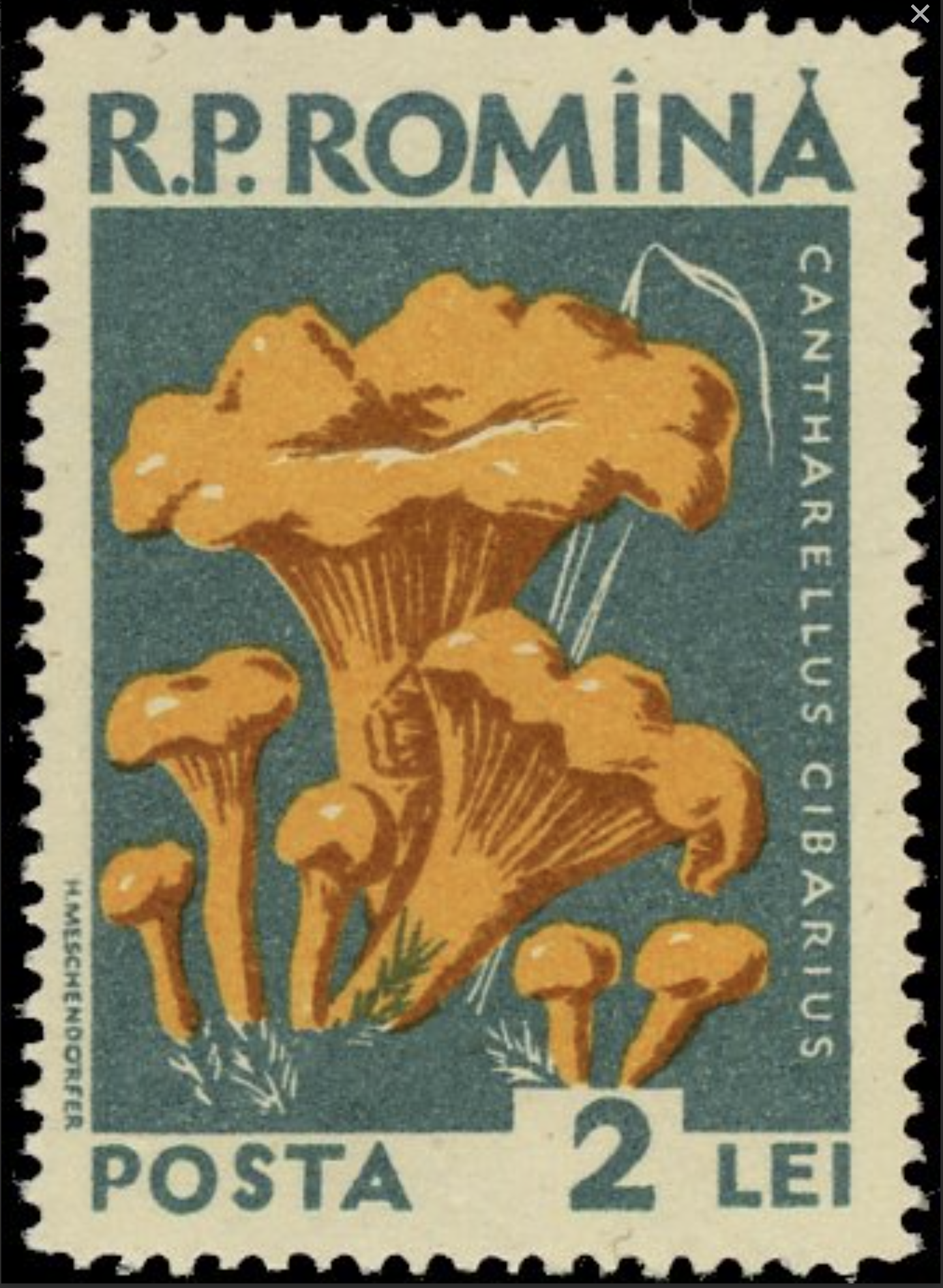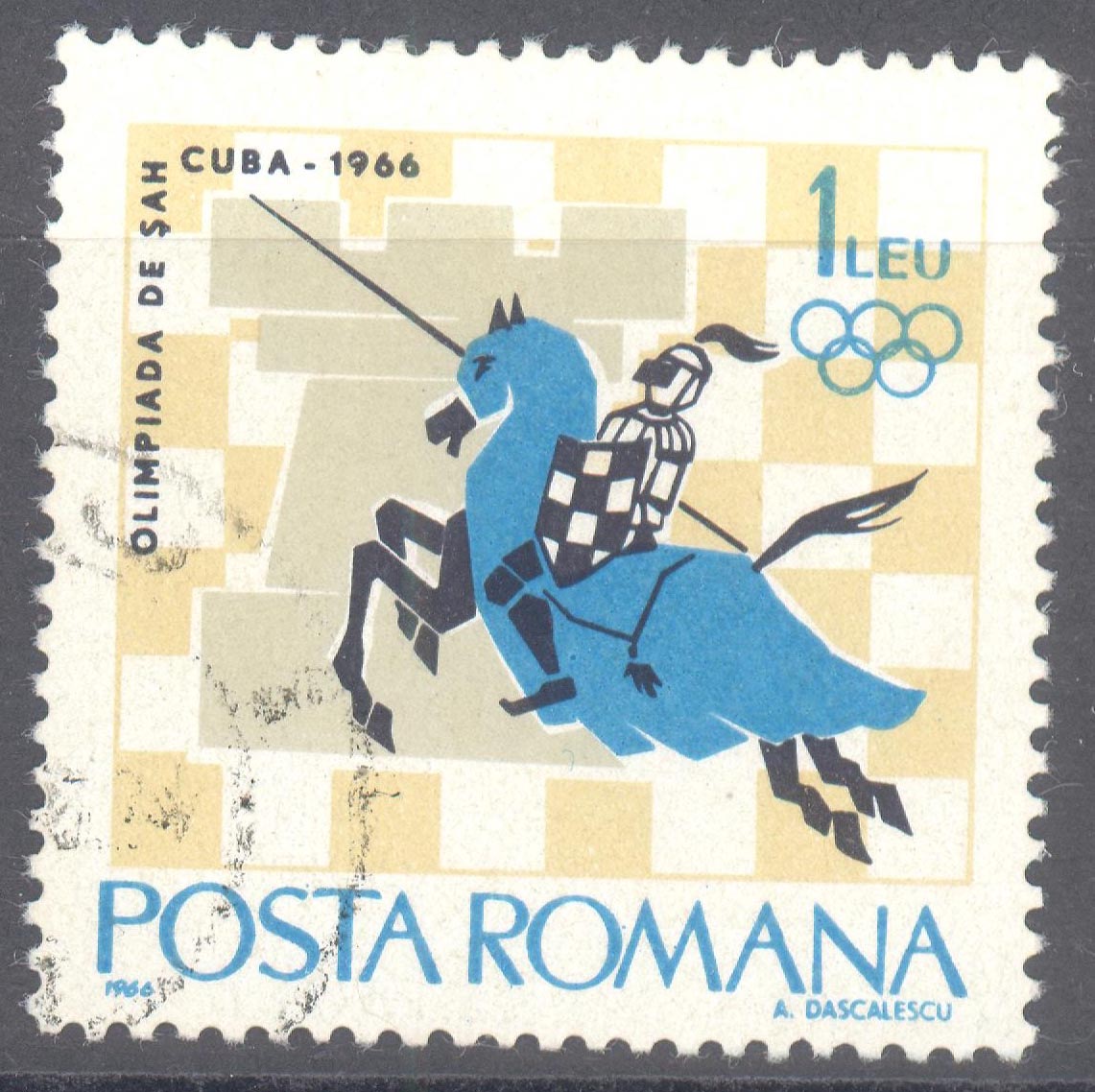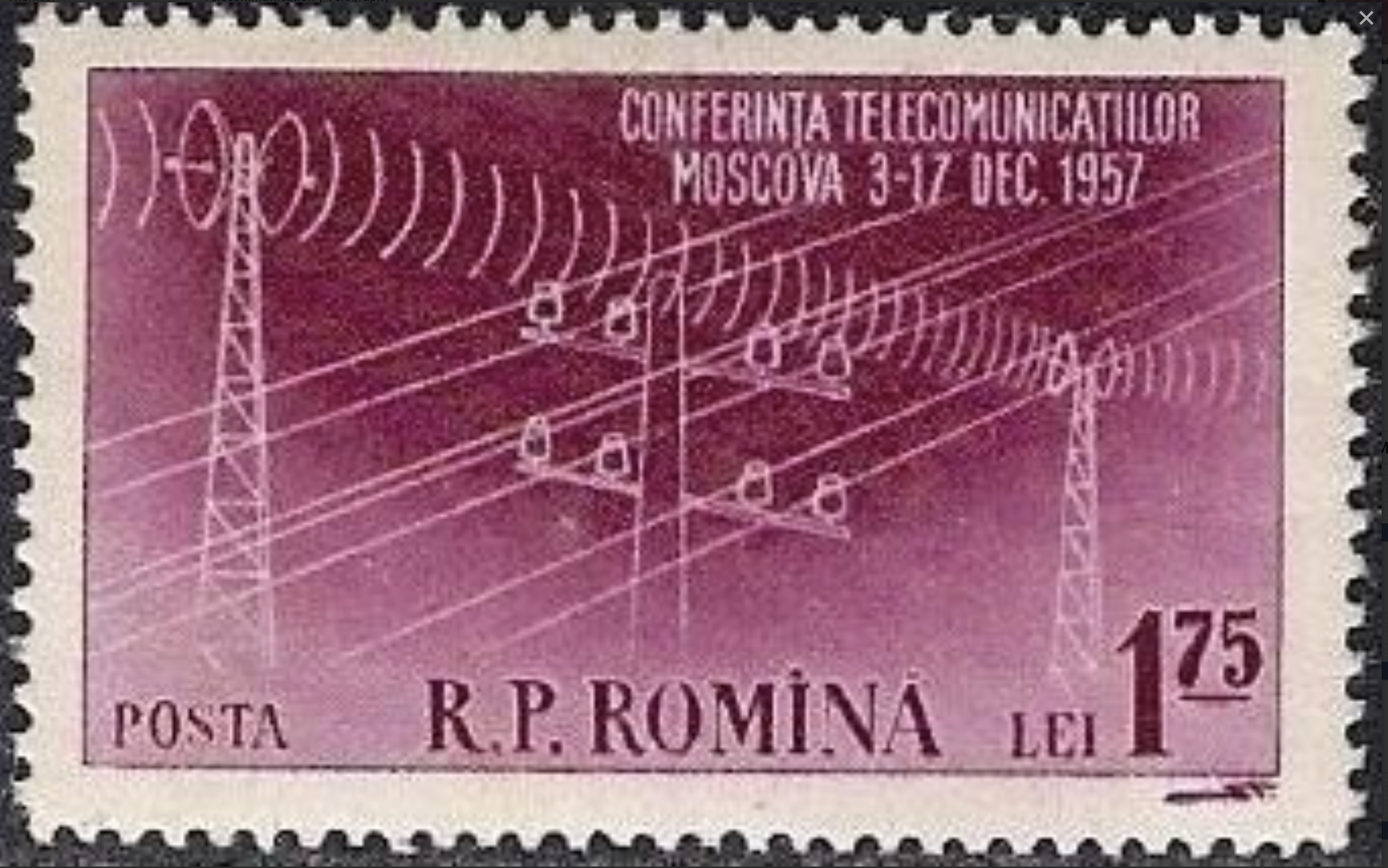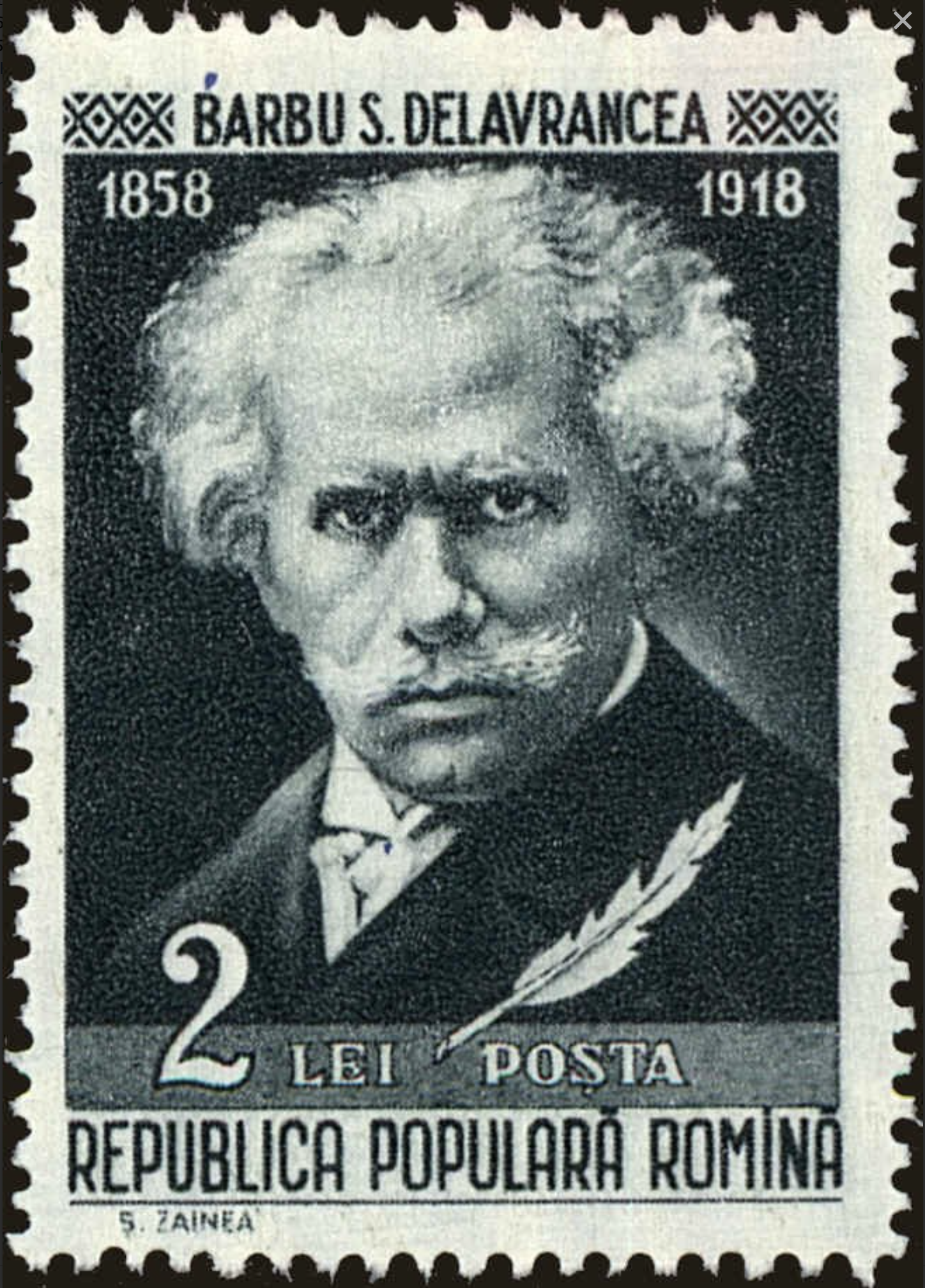Romania #1816 (1966) – Fool & queen in front of chessboard
$0.35
Romania #1816 (1966) – Fool & queen in front of chessboard
Description
Romania #1816 (1966) – Fool & queen in front of chessboard
Used
The 17th Chess Olympiad was a chess tournament held in Havana, Cuba, from November 16 to December 13, 1966. Chess Olympiads are biennial team chess events where national teams compete, and they are organized by FIDE (Fédération Internationale des Échecs), the international chess federation.
Key points about the 17th Chess Olympiad:
- Participants: A total of 38 teams participated in the 1966 Chess Olympiad. The teams included some of the world’s strongest chess players representing their respective countries.
- Team Competition: The Chess Olympiad consists of a team competition, where players from each country form teams to compete against other nations. Teams typically consist of four players, with one reserve player.
- Soviet Union Dominance: The Soviet Union, known for its strong chess tradition, dominated the 1966 Chess Olympiad. The Soviet team won the gold medal, continuing their streak of success in the competition. The team included strong players like Boris Spassky, Viktor Korchnoi, and others.
- Individual Performance: The tournament also recognizes individual achievements. American Grandmaster Pal Benko earned the gold medal for the best individual performance on Board 1. Pal Benko was a prominent chess player and chess composer.
- Cuba’s Host Success: The Cuban team, competing on home turf, performed well and secured the silver medal. This was a significant achievement for the host nation.
- Bronze Medal: The bronze medal went to the Yugoslav team, which had strong players such as Svetozar Gligorić and Lajos Portisch.
The 17th Chess Olympiad in Havana, Cuba, was a notable event in the world of chess, both for the high level of competition and the achievements of the participating teams and individuals. It highlighted the dominance of the Soviet Union in international chess during that era.
Ready to ship in 3-5 business days from United States (US)
Additional information
| Weight | 0.0149 lbs |
|---|---|
| Condition | |
| Country | |
| Scott Number | |
| Stamp Format | |
| Stamp Type | |
| Year of Issue |
